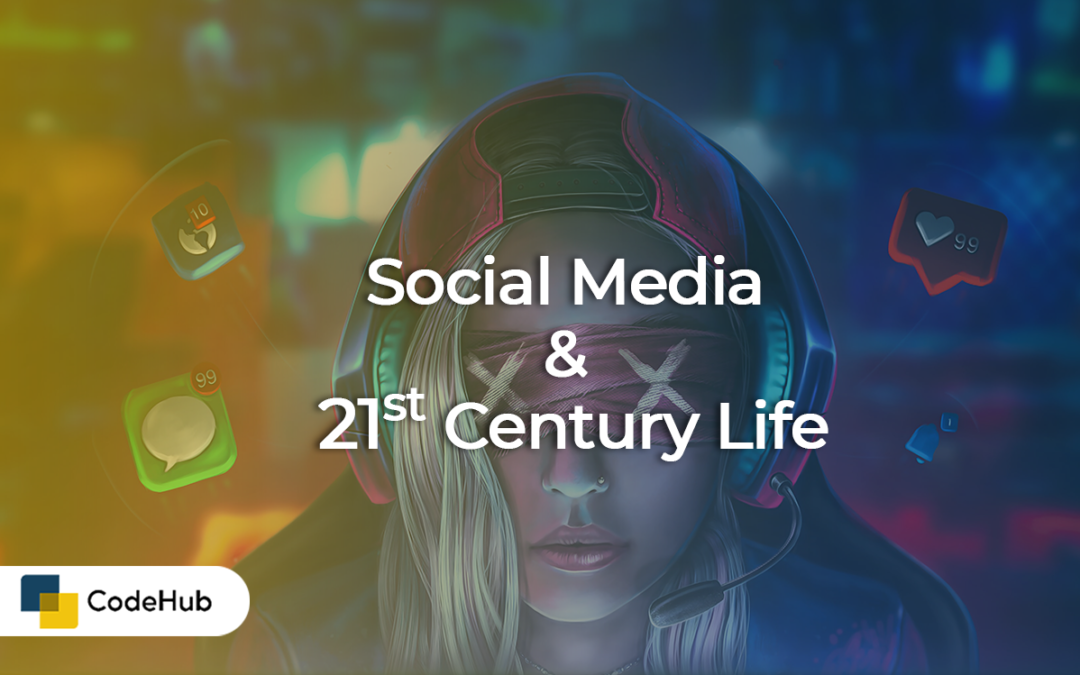Social media is a rapidly growing aspect of everyday life in the 21st century. More often than not, social media is the first information we consume when we wake up and the last information we consume before we go to sleep. It fills the micro-moments of our day.
But what is social media and how does it affect us? Social media can be defined as any web-based platform that allows users to create, share, and interact with content and other users. Some of the most popular social media platforms today are Facebook, Twitter, Instagram, YouTube, TikTok, and Snapchat.
Social media has many benefits and drawbacks for individuals and society. Here are some of the ways social media shapes our lives in the 21st century:
Communication
Social media has revolutionized communication, to the extent that it is now our preferred medium of everyday communication. We can communicate with anyone, anywhere, anytime, using text, voice, video, or images. We can also join online communities based on our interests, hobbies, professions, or causes.
Social media enables us to stay in touch with our friends and family, meet new people, express ourselves, and share our opinions. However, social media can also have negative effects on communication, such as reducing face-to-face interaction, increasing loneliness and isolation, spreading misinformation and fake news, and creating echo chambers and polarization.
Education
Social media has also transformed education, as it provides access to a vast amount of information and resources for learning. Students can use social media to research topics, collaborate with peers, participate in online courses, and access educational content from experts and influencers.
Social media can also enhance creativity, critical thinking, and digital literacy skills. However, social media can also pose challenges for education, such as distracting students from their studies, exposing them to inappropriate or harmful content, and compromising their academic integrity and privacy.
Entertainment
Social media has become a major source of entertainment for many people in the 21st century. We can use social media to watch videos, listen to music, play games, follow celebrities, and create our own content. Social media can also inspire us, make us laugh, and help us relax.
Social media can also offer opportunities for fame and fortune for talented or lucky individuals who can attract a large audience and monetize their content. However, social media can also have negative effects on entertainment, such as reducing our attention span, lowering our standards of quality, and creating unrealistic expectations and comparisons.
Business
Social media has also changed the way businesses operate in the 21st century. Businesses can use social media to market their products or services, engage with their customers, build their brand image, and collect feedback and data. Social media can also help businesses innovate, collaborate, and compete in a global market.
Social media can also create new business models and opportunities for entrepreneurs who can leverage the power of social networks and viral marketing. However, social media can also pose risks for businesses, such as damaging their reputation, violating regulations or laws, and facing competition from new entrants or disruptors.
Conclusion
Social media is a powerful tool that has changed the world since 2000. It has influenced every aspect of our lives: communication, education, entertainment, and business. It has both positive and negative impacts on individuals and society. It is up to us to use it wisely and responsibly.

